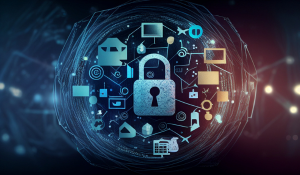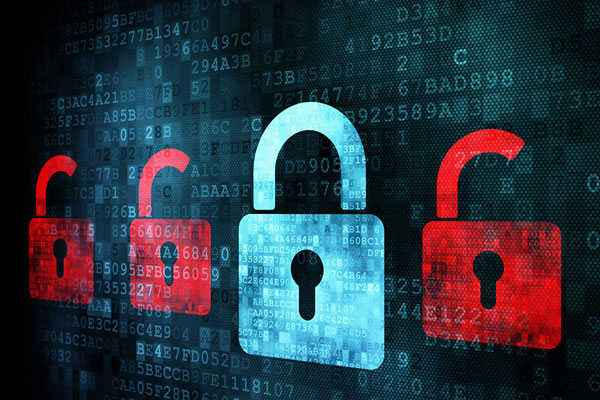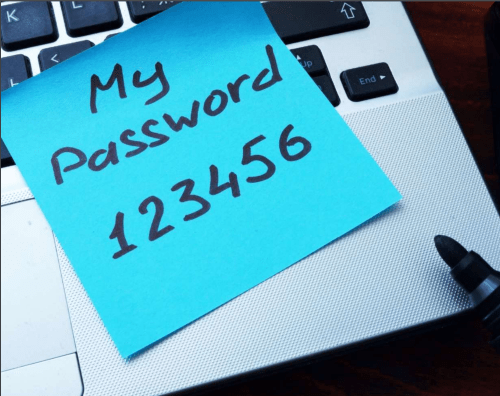8 Upcoming Cybersecurity Trends in 2025
As we move into 2025, the digital landscape continues to evolve, bringing new opportunities and challenges for businesses, governments, and...

Entering into a new decade requires businesses and professionals to rethink, reconsider and update their approach to IT security and ensuring the effective protection of their network environment. The EU GDPR requires businesses and organisations to report the breach of sensitive personal data of individuals, be it, customers or employees.
| TABLE OF CONTENT |
IBM reports from its 2019 findings, that the average cost of a data breach will set your business back by USD 3.92 million. The healthcare sector was the main targeted industry in 2019 with an average loss of USD 6.45 million. Company losses not only consist of financial costs but a loss of time and reputation, causing long-term damage to businesses.
1. Skilled IT Security personnel are increasingly in high demand
Cybercriminals take advantage of social engineering to attack negligent employees unaware of being manipulated into divulging sensitive information. They also deceive employees into downloading malware which allows attackers to access the organisation's critical assets.
With the contemporary security landscape being more vulnerable than ever, the need for apt employees in the workplace has never been more crucial. This means not only IT security professionals who are trained and skilled to defend your organisation's IT security architecture but also emphasises the importance of having everyday employees able to respond effectively to potential cybersecurity threats. With this, internally training your employees becomes costly and time-consuming. Various organisations are adopting managed security services (MSS) to protect company data securely at all times.
Whilst MSSPs have been targeted increasingly in 2019, these were foreseeable and most could have been prevented. These risks can be mitigated with the use of multi-factor authentication (MFA). Organisations must also ensure their service providers are complying with the latest IT security and data regulations.
2. Ransomeware rises to critical levels
Cybercriminals are working continuously to steal your data. The danger of losing this information not only breaches EU GDPR compliance but without a backup copy of the data, the business is held at the mercy of the attackers seeking financial gain. Ransomware attacks will increasingly become more targeted and sophisticated. These targets will no longer just be your employees, but also partners, outside contractors, freelancers and all who have access to your network and accounts.
Ransomware has targeted the public sector, healthcare and manufacturing industries in 2019. To bolster data security, the Singapore government has set up the high-level Public Sector Data Security Review Committee (PSDSRC). In Australia, the Australian Cyber Security Centre (ACSC) leads government efforts to improve cybersecurity. They published an end-of-year 2019 report which outlined how small to medium-size enterprises loses an average of more than 890,000 AUD daily.
3. Cloud use and the need for security is intensifying
The use and storage of data in the cloud continue to increase in 2020. With this in mind, issues of data confidentiality and loss concern many businesses. There are also operational security headaches with compliance, visibility into the security infrastructure and the lack of qualified staff among organisations. Cybersecurity Insiders reported in 2019 that 93% of organisations are concerned about cloud security when one in four confirmed a cloud security incident in the past year.
The biggest cloud security threats include unauthorised access, insecure interfaces and misconfiguration of the cloud platform. Traditional tools in the cloud are often outdate with 66% of organisations claiming they have limited functionality or don't work at all. Organisations also acknowledge the advantages of utilising cloud-based security solutions with cost savings, faster time to deployment and better performance.
In today's security landscape one cannot deny the possibility of being targeted. Below are 5 security tips from the DriveLock team:
1. Educate your employees and future-proof your business with DriveLock Security Awareness. Often employees are unaware and act negligently when handling unknown threats. Something as simple as clicking on a link from an email can download a virus to the computer which will spread to your network. 61% of organisations agree that training and certifying existing IT staff is the most important step to IT security.
2. Don't use simple passwords and don't recycle. This means reusing the same password for all your devices and accounts. Read our blog on how "Simple Passwords Weaken IT Security".
3. Utilise multi-factor authentication. DriveLock offers MFA with our smart cards and virtual smart cards. MFA is critical in protecting businesses from identity theft and unauthorised access to company data.
4. Encryption is key. Enforced encryption ensures that no data leaves in a readable format, thereby ensuring the confidentiality of your intellectual property.
5. Don't settle for minimal protection. IT security is one of the most important investments you can make for your business. Each organisation is different and require diverse protection for their network. Discover how DriveLock can cater to your company's security needs. Feel free to contact us or follow the link below to trial our product free for 30 days.

As we move into 2025, the digital landscape continues to evolve, bringing new opportunities and challenges for businesses, governments, and...

The Australian Cyber Security Centre (ACSC) is an Australian Government intelligence and security agency who provides advice and assistance on...

Data breaches, phishing attacks, and credential stuffing are just a few of the dangers lurking around every corner. A simple username and password...